Description
The death of Ivan Ilyich is the story of a successful man who has a lot in his professional, work and daily life. But it is very difficult in his personal life and to establish a proper and healthy relationship with his relatives. In addition to these problems, we find in the very beginning of the story that he suffers from a serious illness for the reasons that Tolstoy has carefully and in detail mentioned in the story.
Humans have different reactions when faced with a big problem called death. Accepting the end of life is not an easy task for many people. In The Death of Ivan Ilyich, Tolstoy was able to depict with a convincing look the human mindsets and reactions to death.
The story of Ivan Ilyich’s death; Tolstoy’s account of human behavior
In this novel, Tolstoy uses all the power of his words to portray the present of Ivan Ilyich. To describe Ilyich’s state of mind, he divides his behaviors into five categories from the time of illness to the moment of death.
Tolstoy called the first stage “rejection” and explains that this stage begins right after hearing the news of the disease from the doctor. In this part, to relieve himself, Ilyich forms a cloud in his mind that the doctor must have made a mistake and he does not have such a disease. After a while, the character of the story gets angry. He looks for the cause of his illness in those around him, and especially in his wife and children. Ilyich, who is a successful man in his work, introduces his anger about this disease into his world of work and profession and vents his anger on anyone who disagrees with him a little. In these rages, Ilyich thinks that he has become ill in order to keep others healthy, and this makes him even more angry.
After the anger subsides, Tolstoy offers another way to relieve Ilyich of the disease. He begins to deal with God and of course Christ. Elich asks Christ that if he gives him a year or more to live, he will do a thousand and one things he has not done. But this stage is very short and fleeting for him and then, depression comes to him. During this period, all moments of life pass in front of Ilyich’s eyes like a tape. Now sorrow, loneliness and darkness have come to him. The grief and loneliness that Tolstoy describes in great detail. In this age, Ilyich, who has hurt others as much as he can, has no choice but to wait in death in the dark. A death that has been inadvertently and uninvited, and Ilyich, in spite of all the struggles he has made, will not be able to escape in the end.

Leon Tolstoy; One of the greatest writers in Russian literature
Leon Tolstoy – also known as Leo Tolstoy, Leo Tolstoy, Leon Tolstoy in Persian translations – is one of the pioneers of world literature under the full name of Liyev Nikolaevich Tolstoy. Many literary historians believe that the pillars of Western literature are Tolstoy, Homer, Dante, Shakespeare, and Goethe. Tolstoy was born in 1828 in the south of Moscow to an aristocratic family. He lost his parents as a child and was later left in the care of relatives. As a child, he had a private tutor and received his basic education at home.
Leon Tolstoy went to the Kazan School at the age of fourteen and entered the University of Kazan in 1844. He first studied Oriental languages, then switched to law, and finally left the university without a degree and joined the army. In 1851, Tolstoy published his first short story, Childhood. After the publication of this story, he wrote the books “Adolescence” and “Youth”, which were a continuation of his first book “Childhood”. This trilogy is a reflection of the life of Leo Tolstoy. In these books, he introduces himself as follows: “I wished to be good with all my being; But I was young. I had moods and desires and I was looking for goodness alone. “I was completely alone.”
Tolstoy pursued writing professionally in the military. He was on the battlefield and therefore had many pure subjects at his disposal, and at the same time wrote The Tales of Sevastopol. A collection of three short stories in which Tolstoy, with the help of his personal experiences, narrated the violent and cruel face of war. After a while, he left the army and went to Europe. There he met great writers such as Charles Dickens, Ivan Turgenev, Friedrich Froebel, and Adolf Distrog, and raised his awareness of the education of children and adolescents. After returning to Russia, inspired by Jean-Jacques Rousseau, he established primary schools in the countryside. Russian children were taught the Tolstoy alphabet until the early twentieth century.
In 1862, Leon Tolstoy married a young woman named Sophia, and they had thirteen children. This marriage had many ups and downs. The first period was joy and happiness, and Tolstoy wrote his literary masterpieces “War and Peace” and “Anna Carnina” during this period.
After the publication of these two novels, Tolstoy became famous outside Russia and became a world writer. But at the same time, the Russian Orthodox Church and the Russian Tsars increased their control over his activities. The drafts of his books were confiscated and rumors of his psychosis were heard everywhere. Finally, with the publication of the book “Resurrection” by the Orthodox Church, Tolstoy was sentenced to apostasy. He continued to live for a while after this sentence and finally died in 1910 and was buried without any special ceremonies.
Writing style and works of Tolstoy
Although Tolstoy was heavily influenced by Jean-Jacques Rousseau in his writing style, there is no doubt that most post-Tolstoy writers are in some way influenced by his writing style. He did not want art for art’s sake. Rather, he believed that literature and novelism were tools for expressing moral and social concepts. According to Tolstoy, stories are not written just for the entertainment of the audience, but they want to reduce the cruel and careless judgments of human beings and help to spread kindness, moral taste and emotional health.
In addition to “Peace War” and “Anna Karnina”, the death of Ivan Ilyich, “Kazakh”, “Greed Causes Destruction”, “Haji Murad”, “Kreutzer Sonata”, “Family Happiness and Other Stories”, “Three Questions” and “Polikushka” are part of the works of this writing genius. Tolstoy also published two plays during his lifetime, The Bar of Knowledge and The Light That Shines in the Dark. Many of his works, especially “Anna Karnina” and the death of Ivan Ilyich, have been made and performed in many cinematic and theatrical versions around the world.
Translation of the death of Ivan Ilyich; The names of the elders along with Tolstoy
The novel of Ivan Ilyich’s death was translated by Saleh Hosseini and published by Niloufar Publications in 2006. Saleh Hosseini has written in the introduction of this book that other translators such as “Ahmad Golshiri” have translated this book before him and his translation is not going to add anything to the previous translations and this translation will definitely not be the last translation of Tolstoy’s Mayvan Ilyich. Hosseini explains in the book’s introduction that when he gets a very accurate Russian-English translation of the book, the temptation to translate it by Leon Tolstoy does not leave him.
Hosseini humbly wrote in the introduction of this book: “The present translation, according to the author’s understanding, is in front of the readers and is not intended to diminish the value of the previous translations in any way and will certainly not be the last translation.” Laleh Behnam, Kazem Ansari, Salome Mahvoshan, Sadegh Sarabi, Houshang Ismailian, and Ali Asghar Bahrami are the translators who have translated this lasting work of Tolstoy into Persian. The latest translation of Ivan Ilyich’s death, translated by Soroush Habibi, has been published by Cheshmeh Publishing.
In a part of the book, we read the death of Ivan Ilyich
What can we say about the life of Ivan Ilyich, which could not be found simpler and more ordinary and therefore more terrifying. He was a member of the court and died at the age of forty-five. His father was an employee who, after serving in various ministries and departments in St. Petersburg, had a background in which people were promoted and, despite their inadequacies in responsible positions, were fired because of their long history. So they create jobs for them in particular, which, although fake, their income from six thousand rubles to tens of thousands of rubles is no longer fake, and in return they live a long life. Such a man was Ilyapimich Galin, a private consultant and a member of various waste institutions.
Of the three sons he had, Ivanovich was the second. The eldest son followed in his father’s footsteps, but in other offices, and in terms of service history, he had reached a stage where any salary was reached in a similar way.
The third son was a failure. He had lost several bread and water jobs and was now working in the railway department. His father and brothers, and especially their wives, did not want to see him at all, in addition to not seeing him. Her sister was married to Baron Graf, a similar employee of her father in St. Petersburg. Ivanovich, according to the people, was the flagship of the family.
1- Introducing the book on YouTube
2- Introducing the book in Aparat

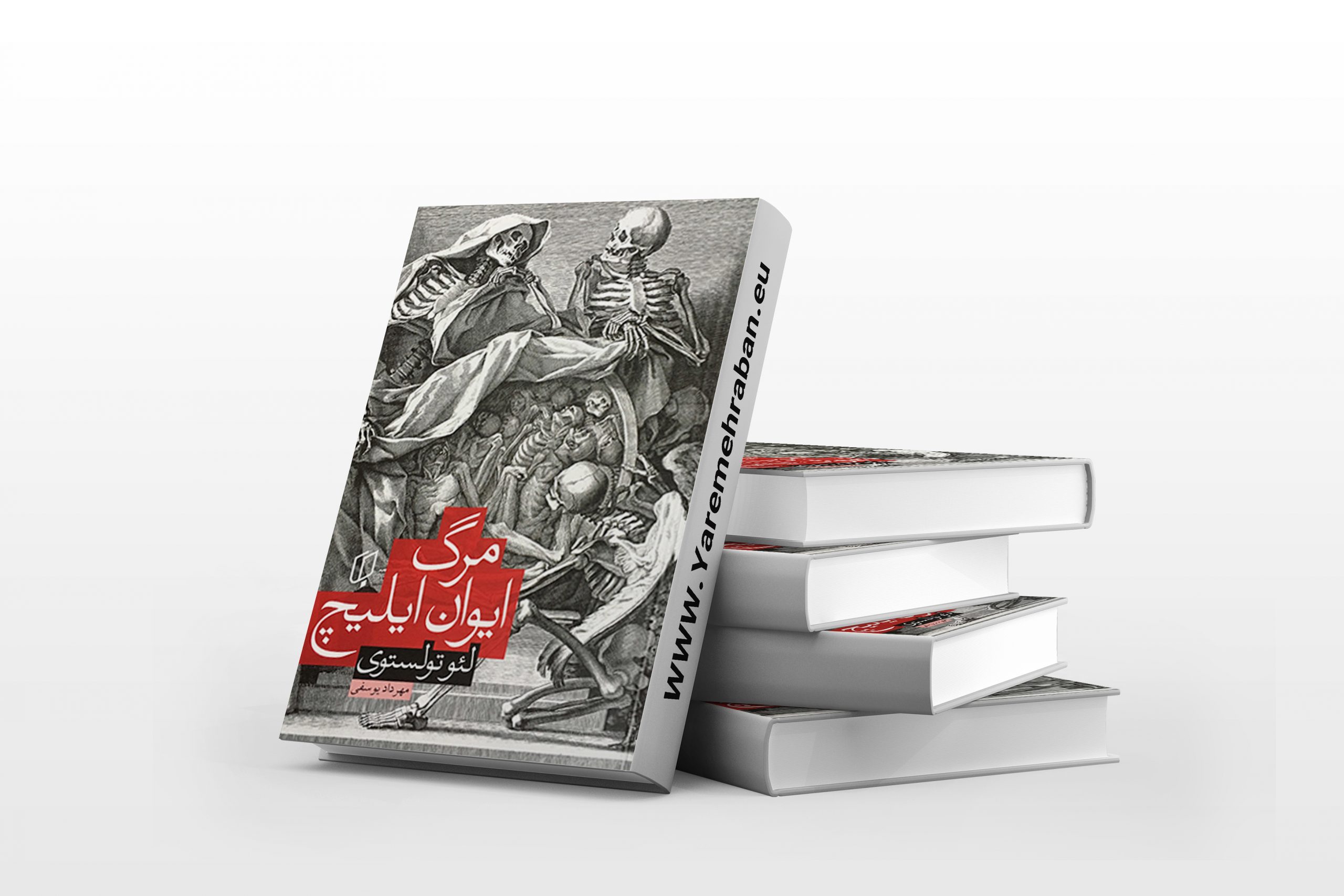

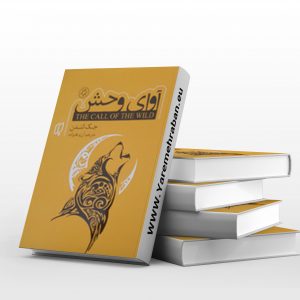
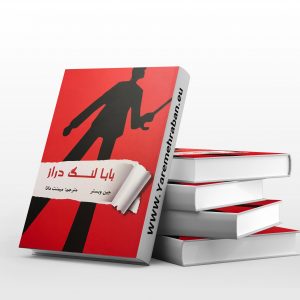
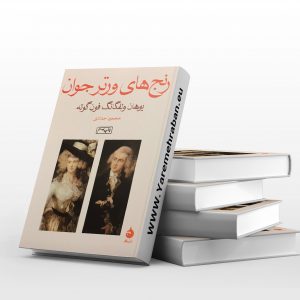
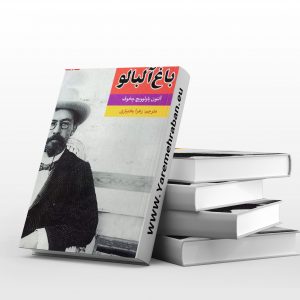
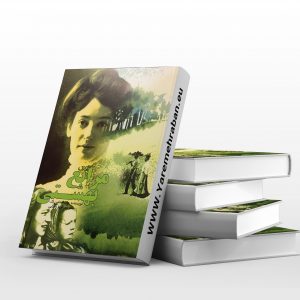
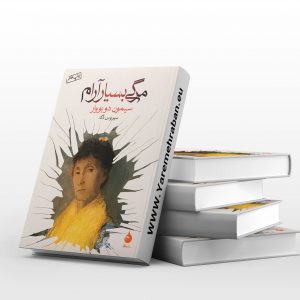
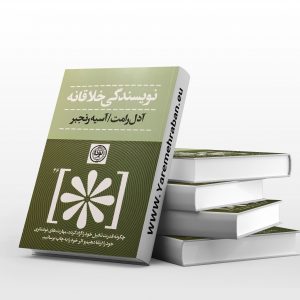



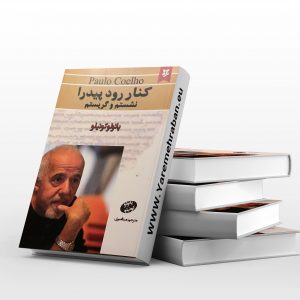
Reviews
There are no reviews yet.